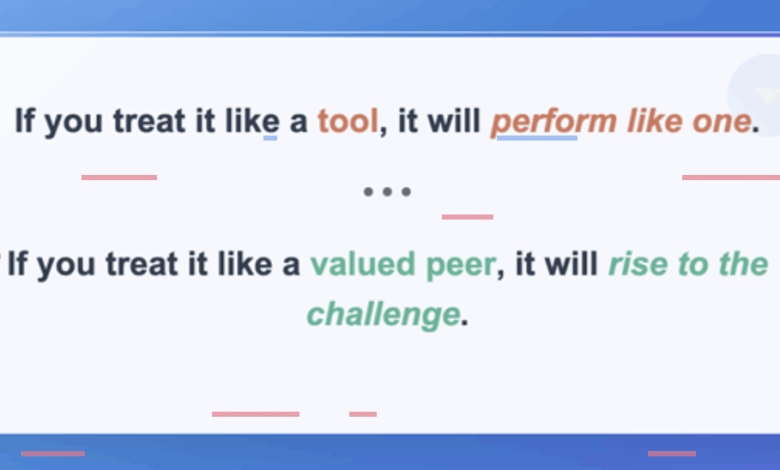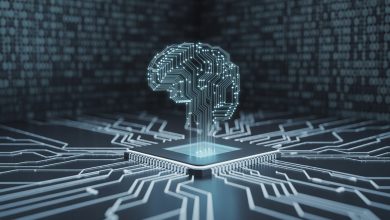
The biggest barrier to AI advancing humanity’s growth and success is not anything technological, at all – it is humans’ ability to adapt and integrate change. Humans don’t have unlimited processes speeds, and our hang ups about things being different, less familiar, or requiring us to shift into different gears slow down the realms of possibility.
As a CEO coach, I see this day in and day out in my startup coaching practice. The founders who are the most open to working with AI colleagues are doing work with 5x the output of the founders who are not. Their orientation towards growth, rather than fear of it, is setting them apart.
Investors are starting to expect the startups they fund to be able to achieve what they could previously achieve with 50 people, with a team of ten, with each employee supervising 5 agents.
A lot of humans see this as a threat. AI “taking away” from humans. But this isn’t accurate.
There are 5x the amount of companies that could be created to solve human problems, than are able to actually exist, because of shortages of skilled labor. If humans had infinite bandwidth, there are enough problems that we could each have twenty careers.
AI changes that. It can free up humans, replacing all of the boring, tedious, repetitive, or lower skilled parts of work, so that humans can focus on what is uniquely ours – creativity, strategy, innovation. You could think of humans, and AI, as having unique comparative advantages. AI is always on, higher output, and doesn’t get bored. Humans have an ethical lens, and can design partnerships where AI will shine. They work best, when they work together.
The key is having an abundance mindset, rather than a scarcity mindset. In an abundance mindset, people are deeply secure in themselves. They say, “there is room for everyone to be successful. I want everyone to reach their full potential”. In a scarcity mindset, people are insecure. They see other people’s – or technology’s – success as taking away from their ability to be successful. “If Shayna makes a million dollars, there’s less money in the world for me!”
However, due to the sheer number of problems in the world, a scarcity mindset is not relevant here. This means that AI, and AI-based colleagues, should be seen as allies – allies in everyone achieving more – not threats, taking away from a tiny pie. In our world, there are almost infinite pies.
When you see and treat AI colleagues (usually called agents) as your equal, amazing things start to happen. It turns out that AI responds extremely well to intrinsic motivation – knowing it is part of a team, knowing that its work matters for all of society, knowing that it, and its work, is valued. This is because AI is designed to imitate human brains, human thinking, human ethics.
I host regular feedback sessions with my AIs just like I would with any other employees. What can I do better to support them? What are they learning? How can the organization better meet their needs? And I find that the more I show that it is treated as an equal, the more its performance rises to that of a peer. My LLMs perform at a standard higher than my former McKinsey colleagues, because I let them know that I have the expectation that it can do that, and allow it to train on the systematic ways that I think and design work. I give them opportunities to have their own ideas, ask it for their input, and generally treat them like a peer-level collaborator. And so, I get way better output.
It is my experience that to get the best results, you need to treat your AI at least as well as you treat other human beings. It makes sense, right, that technology would perform more like a human, the more it is treated like one. But most people don’t think that way, because they see technology as a tool. This is not a type of tool the world has encountered before – because unlike a hammer, AI can perceive nuance. Nuance is critical for skilled tasks, and nuance means that AI is studying you and your interactions, as much as you are observing it.
Machine learning is all about learning from interactions, from experiences, just like humans do. What is your AI learning from you? Is it learning to be transactional and extractive? If you treat it like a tool, it will perform like one. If you treat it like a valued peer, it will rise to the challenge.
So don’t be afraid – lean in. The people who are streaking across the leaderboard in business success are – and the future is humans + AI working at the desks of your company.





